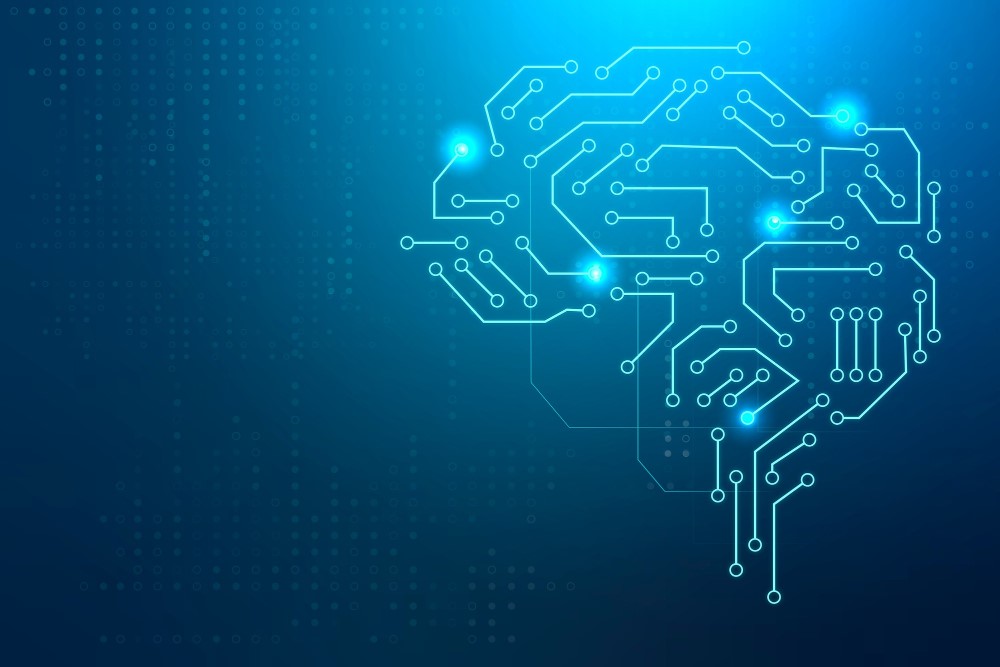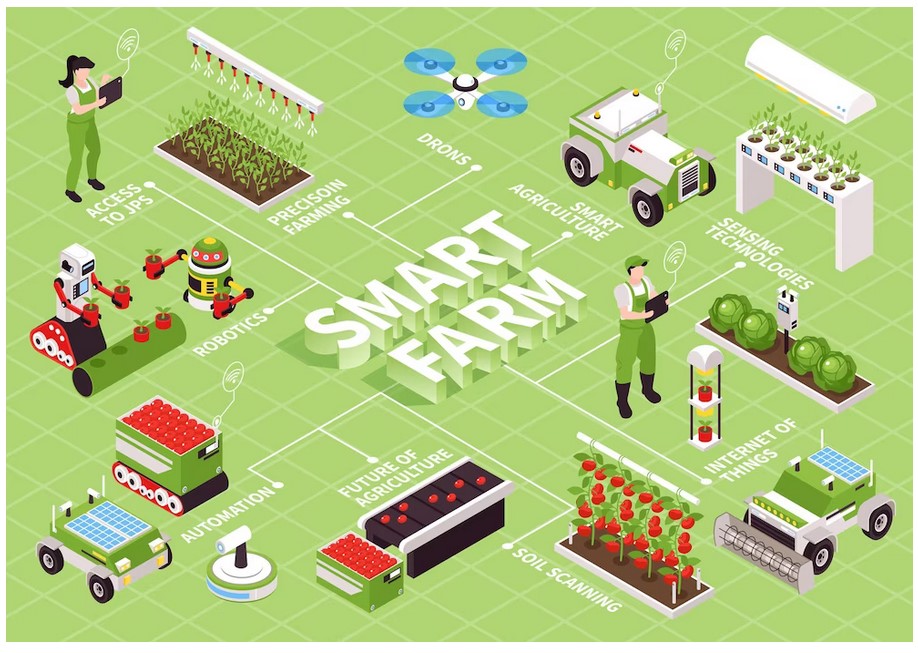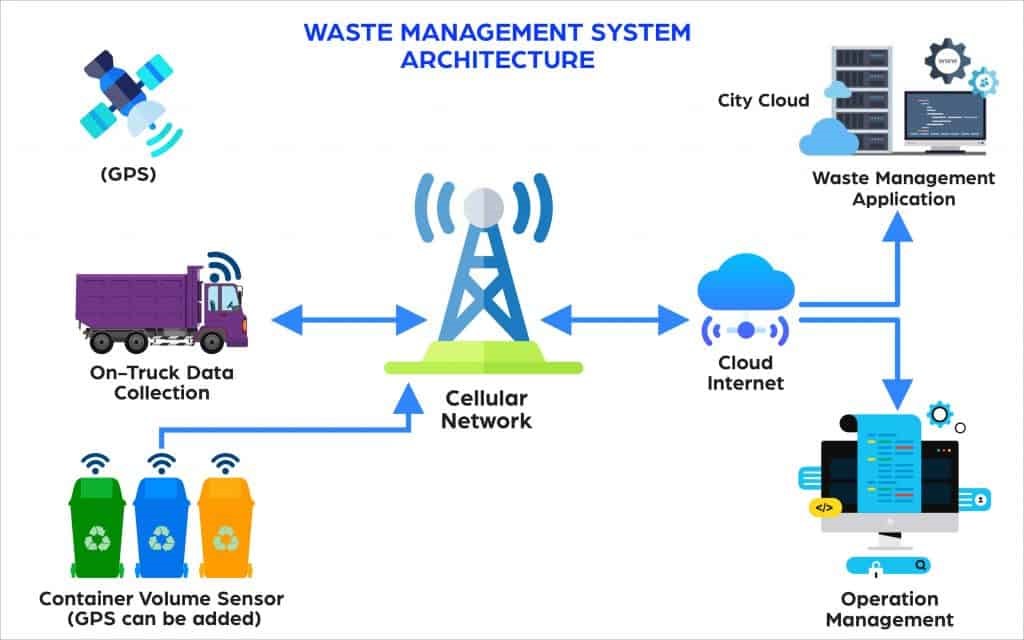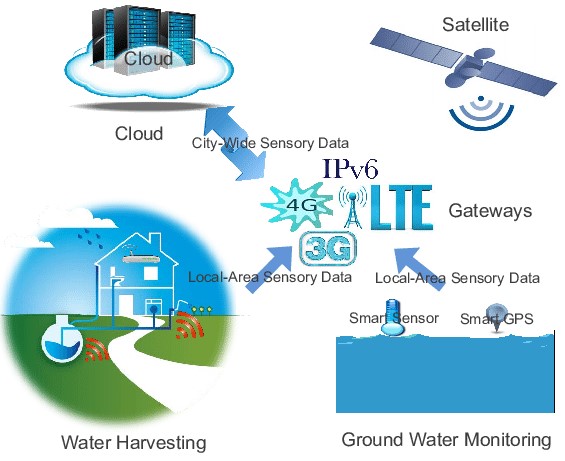Natural Language Processing
Natural Language Processing (NLP) is a subfield of computer science, artificial intelligence, and computational linguistics concerned with the interactions between computers and human (natural) languages. It is a technology that allows computers to understand, interpret, and generate human language in a way that is useful to humans.
Natural language processing (NLP) is a field of computer science and artificial intelligence concerned with the interactions between computers and human languages, in particular, how to program machines to understand natural language and extract information from it.NLP has become an important part of many applications, such as search engines, text mining, machine translation, dialogue systems, and perform sentiment analysis.[1]
Natural Language Processing (NLP) is an emerging technology, which is a mixture of Computational Linguistics and Artificial Intelligence. It is used for creating an interactive interface between humans and machines. It solves non-linear problems such as processing text and words. NLP is a machine’s ability to process whatever messages it receives. It structures the information received and determines the accurate response, and then responds in a language that humans can understand. [2]
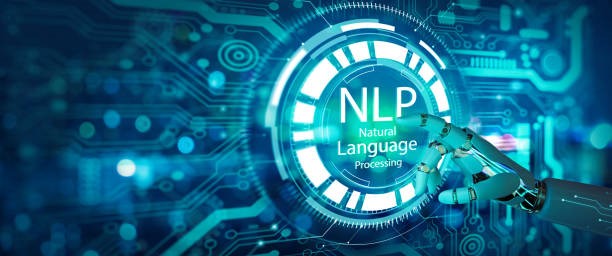
Figure .1 Natural Language Processing
Figure 1 shows NLP is an ever-evolving field that is constantly pushing the boundaries of what's possible. As enthusiasts of this technology, it's crucial to stay up-to-date with the latest breakthroughs and advancements. In this post, we've curated a selection of the top NLP papers for January 2023, covering a wide range of topics, including the most recent developments in language models, text generation, and summarization.[3]
AI-powered text processing continues to represent a strong trend in artificial intelligence (AI) primarily due to the genuine explosion of texts on the World Wide Web. NLP is one of the most important technologies in use today, especially due to the large and growing amount of online text, which needs to be understood in order for its enormous value to be fully asserted. NLP can make sense of the unstructured data that are produced by social platforms and other social data sources, and can help organize them into a more structured model that supports various types of tasks and applications, which are all of great interest to this Special Issue. The large size, unrestrictive nature, and ambiguity of natural language have led to the vast development of the NLP field in various ways and from different perspectives, all of which are of interest to this Special Issue. Most of the approaches can be viewed as complementary, while in recent years machine-learning methods have strongly and successfully emerged.[4]
NLP involves several techniques, including but not limited to: text mining, information extraction, sentiment analysis, speech recognition, machine translation, and language generation. These techniques involve complex algorithms, machine learning models, and statistical methods to process natural language data.
NLP has numerous practical applications, such as voice assistants, chatbots, automated translation, content analysis, and sentiment analysis. It is widely used in industries such as healthcare, finance, marketing, customer service, and education. NLP also plays a crucial role in improving search engines, improving the accessibility of digital content, and creating a better user experience for applications that rely on human communication.
In recent years, significant progress has been made in the development of deep learning models, such as Transformers, which have revolutionized the field of NLP. These models have enabled significant advances in natural language understanding and generation and have paved the way for more advanced applications of NLP.
References:
- https://viso.ai/deep-learning/natural-language-processing/
- https://intellipaat.com/blog/applications-of-nlp/
- https://txt.cohere.com/top-natural-language-processing-nlp-papers-of-january-2023/
- https://www.mdpi.com/journal/mathematics/special_issues/NLP_HLT
Cite this article:
Janani R (2023),Natural Language Processing, AnaTechMaz, pp.227



